Why I stopped eating non-vegetarian food

This is the Editor of The ArmChair Journal.
“Khaane ke liye jiite ho, yaa jiine ke liye khaate ho” (Do you live to eat or eat to live?) said my uncle as I pounced upon the last piece of dessert. This much pun in life runs in Indian households whenever a voracious eater and a moralizing uncle come face to face. Like every popular pun has a culturally evolved answer, we usually respond saying, “Haan hum to khaane ke liye jiite hain” (Yes, we live to eat!).
This scenario presents us with delicious food for thought about food and its taste. Here are some questions we can start asking about: Is food supposed to nourish us or is it supposed to tickle our taste buds? Is it our appetite which decides our dietary habits or that “foodgasmic” picture on Instagram which feeds our appetite?
What makes these questions worth pursuing is the dietary identities we have to choose from. On one end, we have vegans who prefer abstaining from eating any animal product and who reject the commodity status of animals. We then have our “paneer” loving vegetarians somewhere near the centre and finally, those “tandoori chicken” extremists who appear to be barbaric and uncivilized for the vegans.
Personally, I was a non-vegetarian till the end of last year. These days I’ve begun my journey towards the other end. Yes, you read it right. I stopped eating non vegetarian food. Might be a turn off for all you “kebab” lovers, but keep on reading. Why this sudden change of heart?
Multiple reasons. The simplest one being the moral dilemma that even non vegetarians face when they are being served a non-vegetarian dish. You know that your dietary preferences enable the slaughter of another being. You know that you cause unbearable pain and suffering to that chicken waiting to be butchered so as to be brought to your plate. Still you choose to brush these thoughts aside and dip that “leg piece” in that mint chutney.
Now, most of us know that back story, we have all seen those butcher shops, but are blinded by the fragrance of that spicy “mutton gravy” and give in to our primal instincts. But then, why did I choose to not go with the flow?
I felt that every time I gave in to that temptation, I was stooping down to “khaane ke liye jeena” (living to eat) despite knowing I could make a wiser choice. I couldn’t get into terms with the fact that it was okay to kill life for tasty food. This brings me to the second reason.
The second reason was that non vegetarianism came in direct conflict with my philosophical worldview. I consider all living beings to be of same value. We want to be religion blind and gender blind when it comes to human suffering. Human suffering is human suffering, irrespective of the sufferer. The same goes for other sentient beings too. Can we compare the pain and suffering between when a chicken breaks its leg and when a human breaks her arm?
It’s hard to rank suffering, rather unjust. So when I, as a dog lover/cat lover, feel bad in an act of cruelty happening against a dog or a cat, and at the same time enjoy my share of “chicken tikka”, there’s something highly problematic about it.
But then people say, “Chickens are raised to be butchered, they are meant to be slaughtered”, to which I say so are humans. Aren’t we all raised with the realization of our death in mind? Does that mean that our life should be full of suffering? Should we be caged in small houses, brought up in inhumane circumstances because we are here to die? I believe, no. Then why should a chicken be subjected to the same fate?
Despite all these realizations, we still choose to be non-vegetarians. Why? Because it’s hard to not fall prey to the whims of our taste buds? Because realization and reflection isn’t enough when it comes to changing behaviours? But then, what good is that reflection if it can’t change behaviours?
If it’s okay to succumb to short term pleasures, then there’s no point feeling frustrated about those poverty stricken citizens in a democracy who give in to the lure of liquor one day before the polling happens.
It might look like a far-fetched analogy, but both of us are indulging in similar behaviors. And both of us try to reason out these acts. Earlier, I used to wonder whether it really mattered in the larger scheme of things? A similar argument comes from that voter who says that democracy is all about nepotism, power structures and corruption, and nothing’s ever going to change. I might as well enjoy my liquor because my individual decision about it wouldn’t really change much.
When it gets tough to justify our wrongdoings, we tend to take a teleological path. All of a sudden we worry about the result of our actions. How does it affect the “larger narrative”? We do this even though most of the decisions we take on a day to day basis have more individual consequences than world changing ones. Not eating non vegetarian food, therefore for me, is more of a personal decision than a political one.
Because it’s hard to live with contradictions in thoughts and actions. Because, if I can’t hold myself to test when it comes to decisions with moral tensions, I immediately lose the conviction to hold anyone else accountable for their wrong actions.
If I do not act here, I see no point in raising my voice against cruelty of any form. Because, I could have excused my dietary choices had they come out of ignorance or had they been born out of any ideological blindfold. But they are inexcusable in light of my total awareness and realization about what happens behind the scenes and the journey that a chicken traces before it arrives at my dining plate. Does that mean I’ll stop using leather products, I’ll immediately turn vegan, is what my friends ask? To which I say, no, not immediately, but I choose to start somewhere and I choose to start in the right direction.
Featured Photo by chatnarin pramnapan on Unsplash


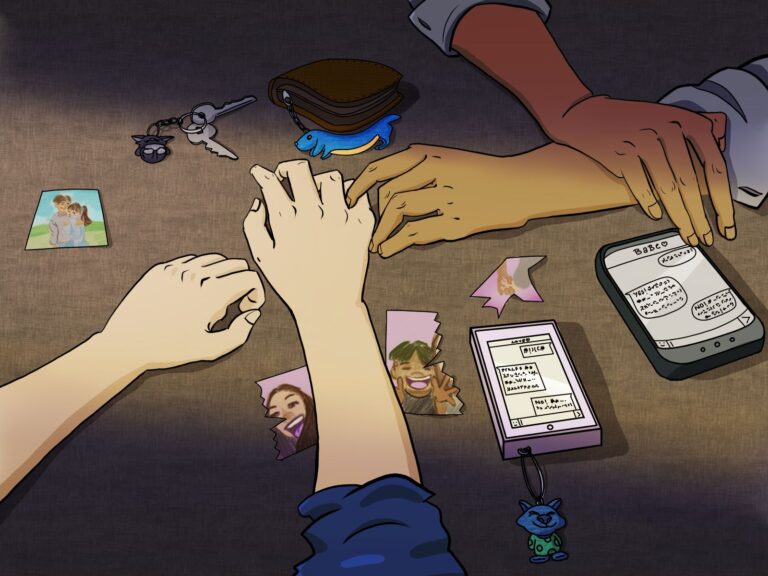
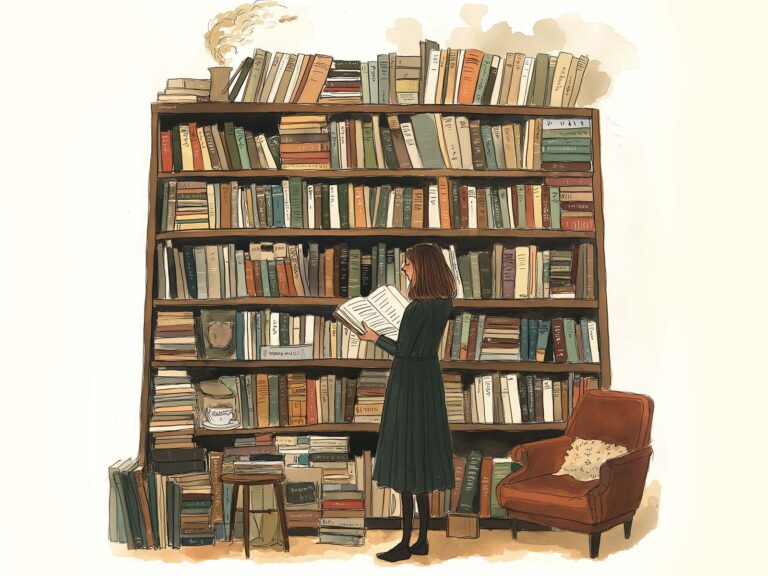
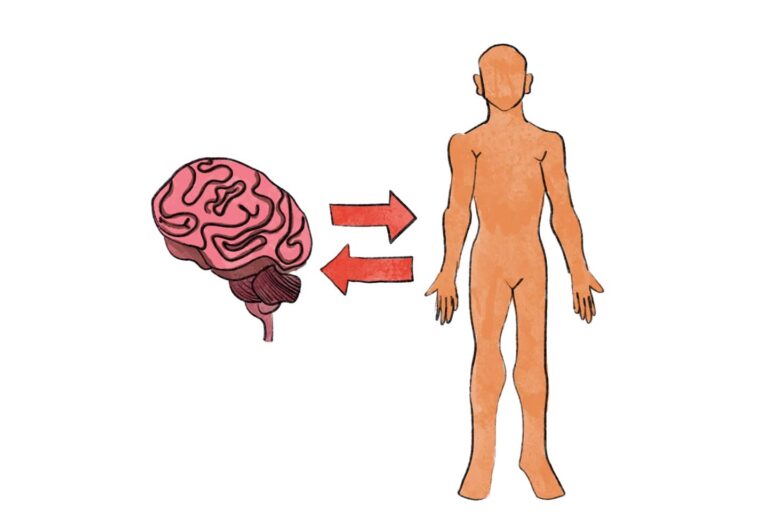
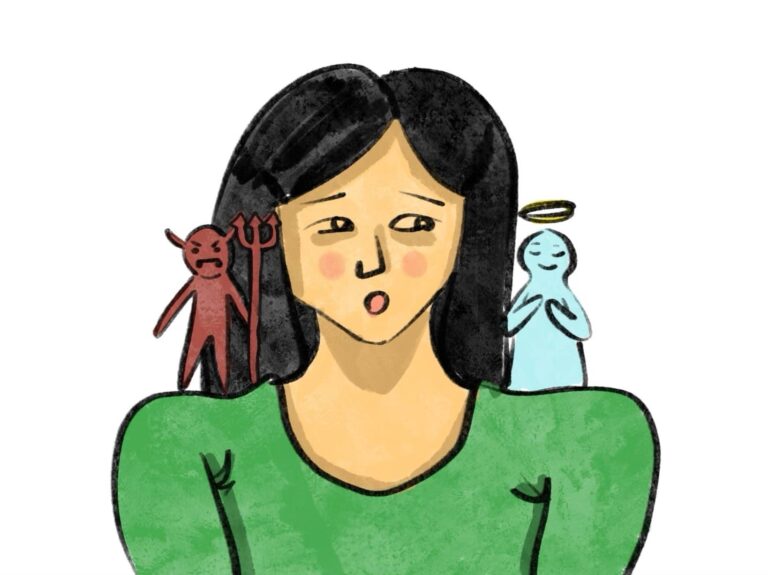
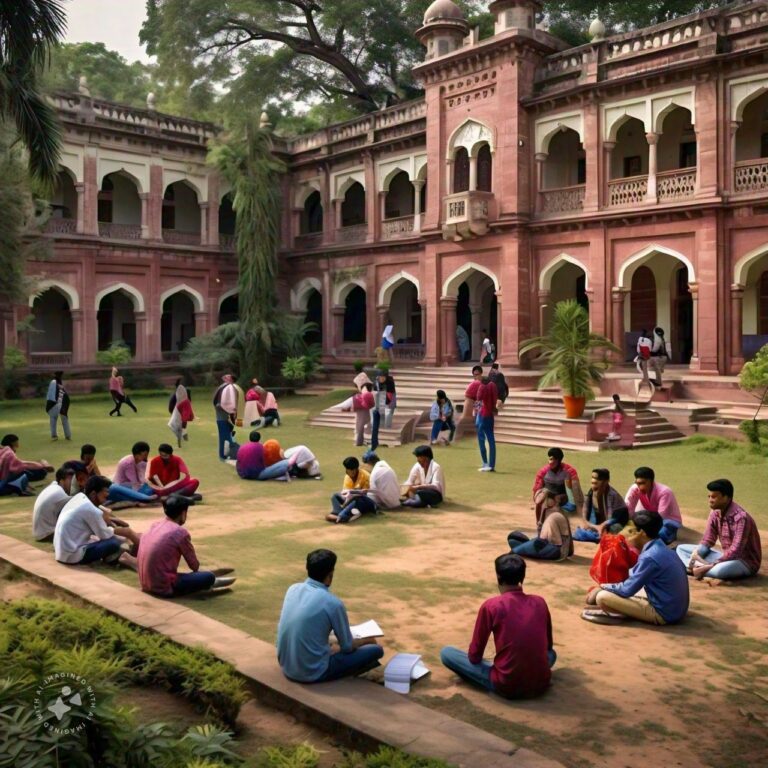
Sharing the same feelings. Very good article.